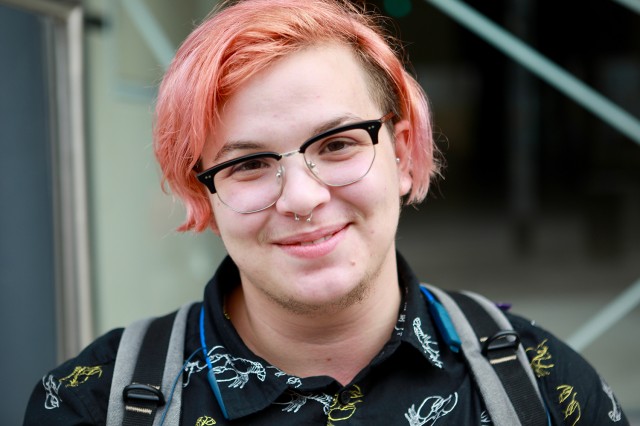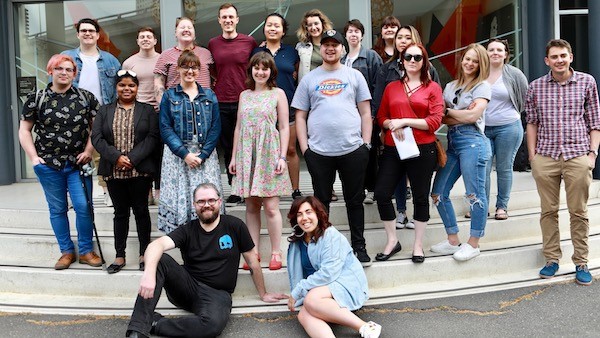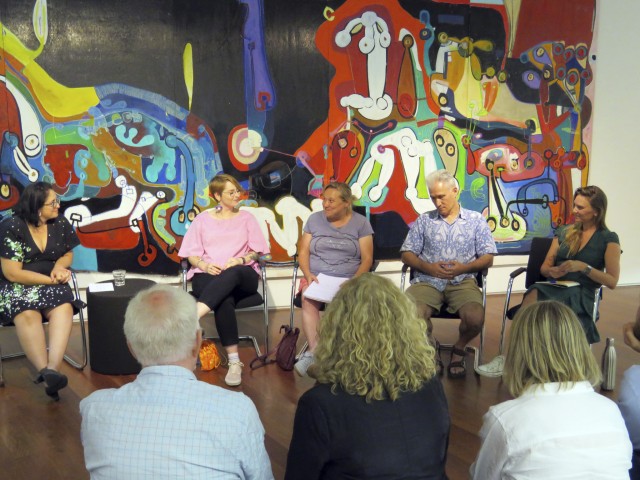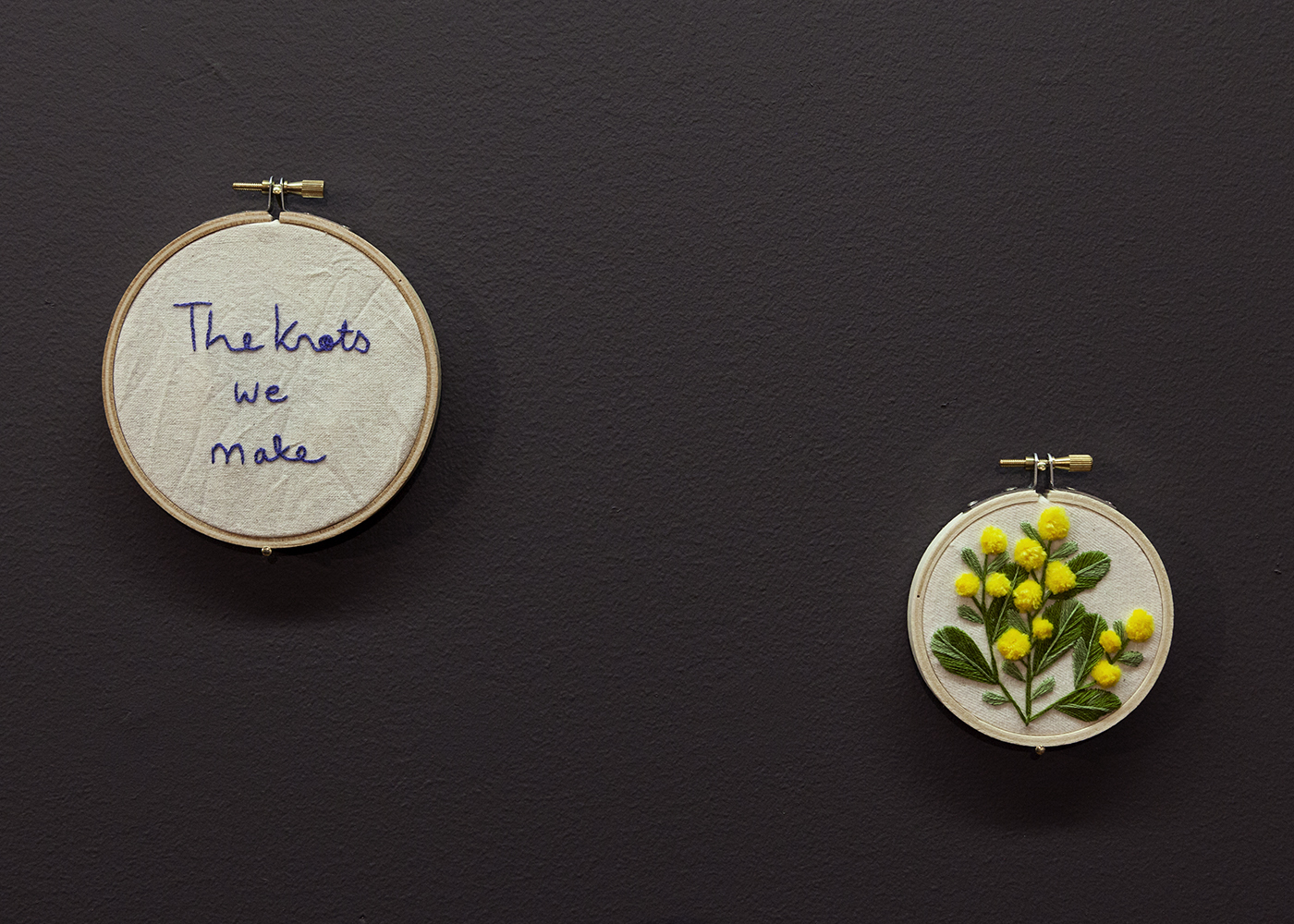This post originally appeared on Dr Deb Robert's blog here.
There is no one all ‘fixit’ for those who suffer from mental health conditions. I’ve searched far and wide since I was a teenager for a therapy that can give me a lasting reprieve from the bouts of anxiety and depression I have suffered from for most of my life. Whether my condition is a genetic predisposition or has developed from adverse experiences, I can’t conclude for certain but what I do know is that a combination of factors has contributed to my reality.
Traditional methods and farfetched therapies, I’ve explored them all. I’ve seen psychologists who provide Cognitive Behaviour Therapy (CBT) and Dialectic Behaviour Therapy (DBT), and I’ve seen psychiatrists who provide psychotherapy and pharmaceuticals. I’ve explored Transcranial Magnetic Stimulation (TMS) and Eye Movement Desensitisation and Reprocessing (EMDR). I’ve tried kinesiology, chiropractic work, osteopathy and naturopathy. Acupuncture, yoga, yoga therapy and massage therapy. Heck, I’ve even attempted equine therapy. But, nothing has provided sustainable, long-lasting relief.
Many of us, including me at times, have put barriers up to historically controversial therapies. One such therapy is Electroconvulsive Therapy (ECT).
For a long time, I sided with societal prejudice about ECT, so my decision to try ECT was not an easy one.

























